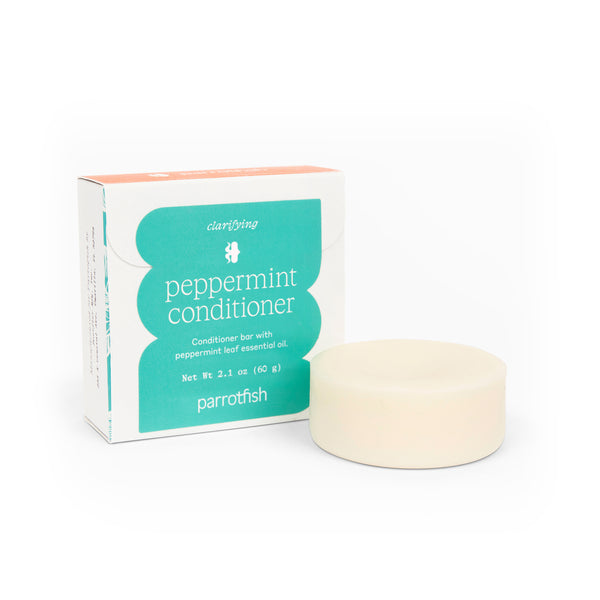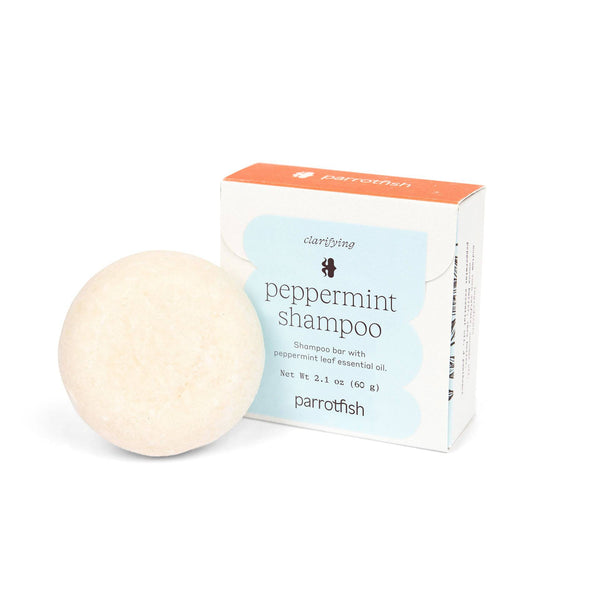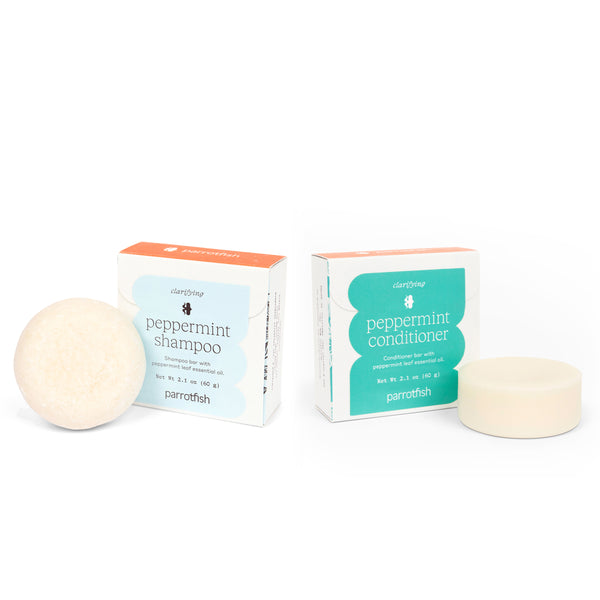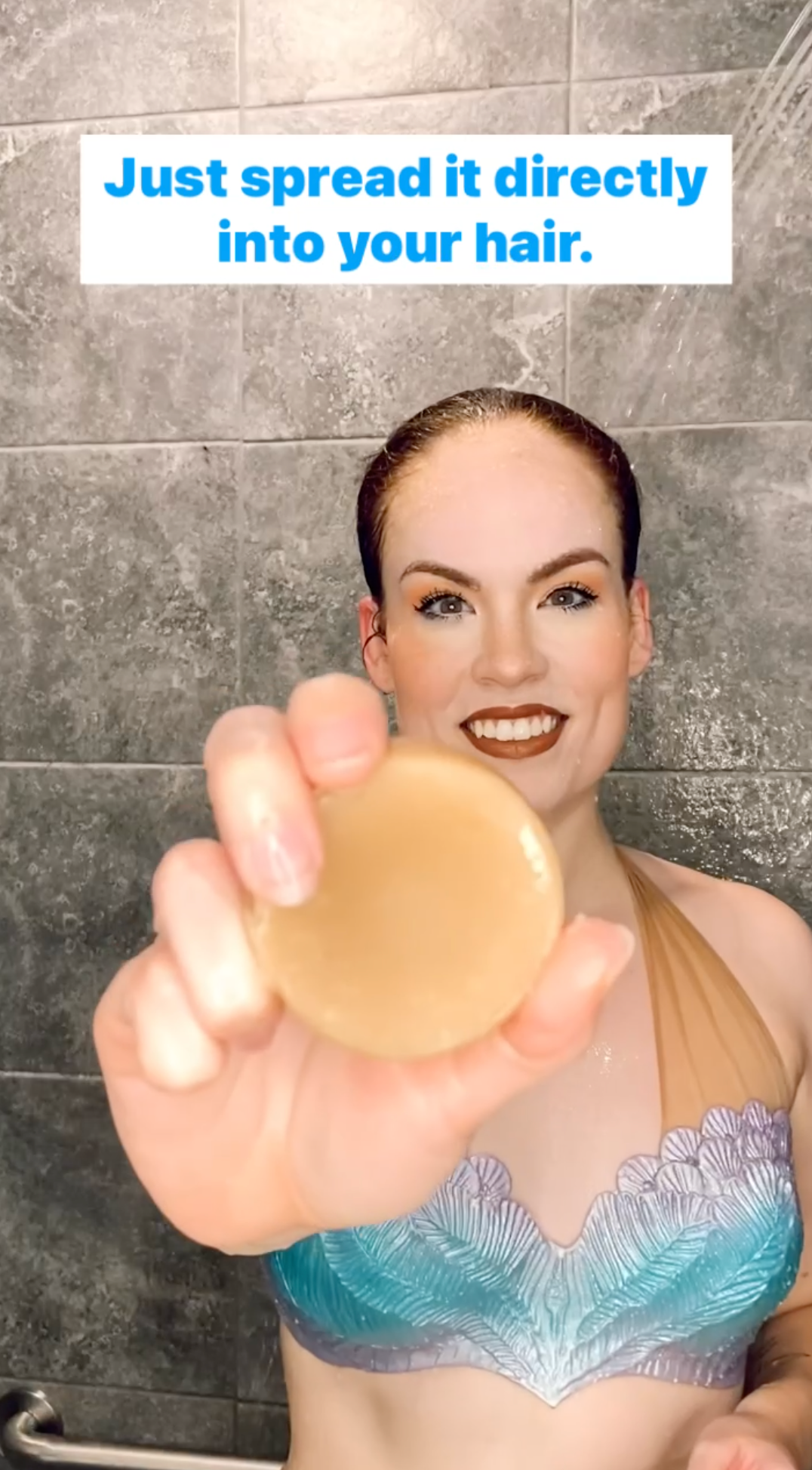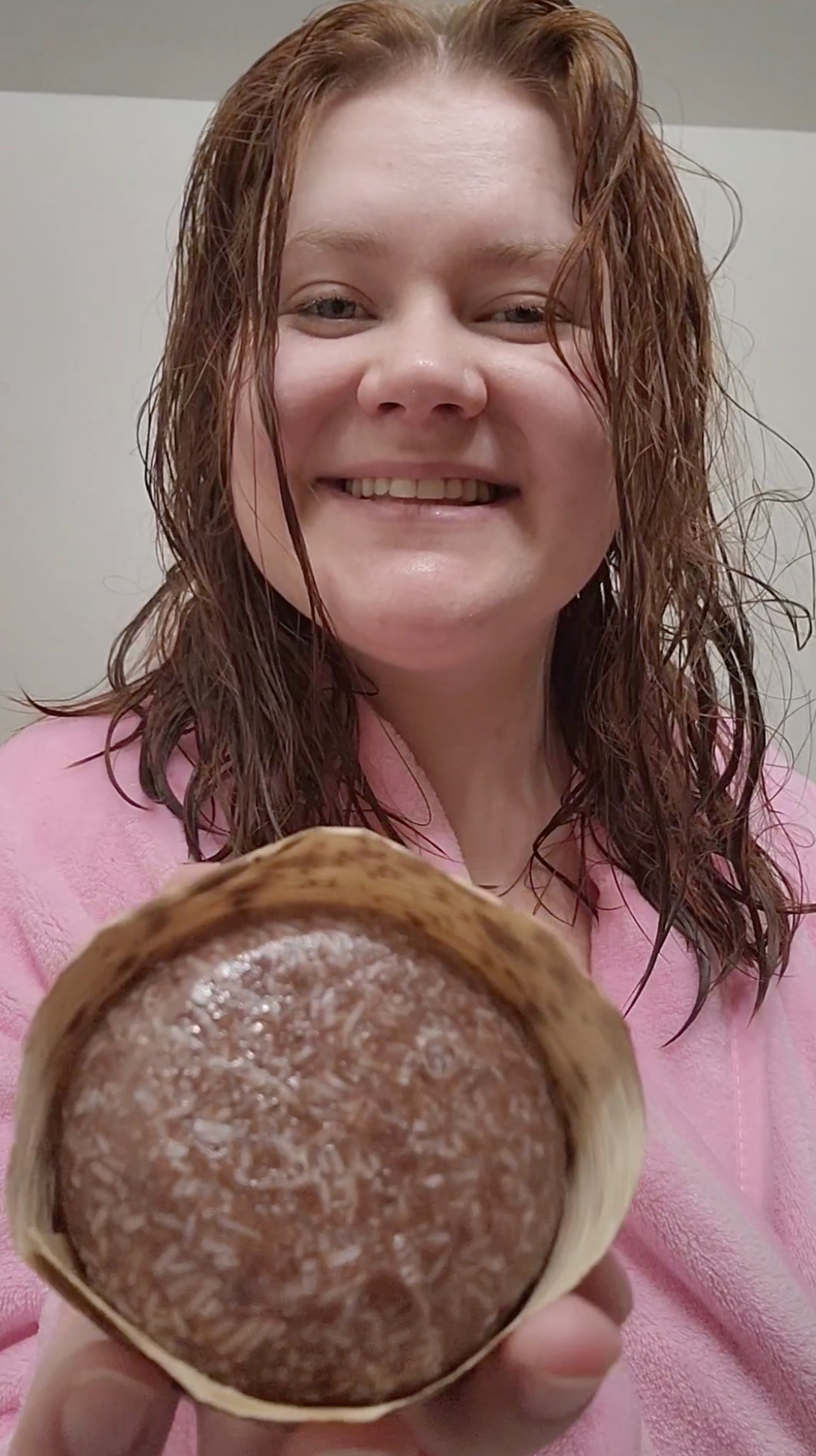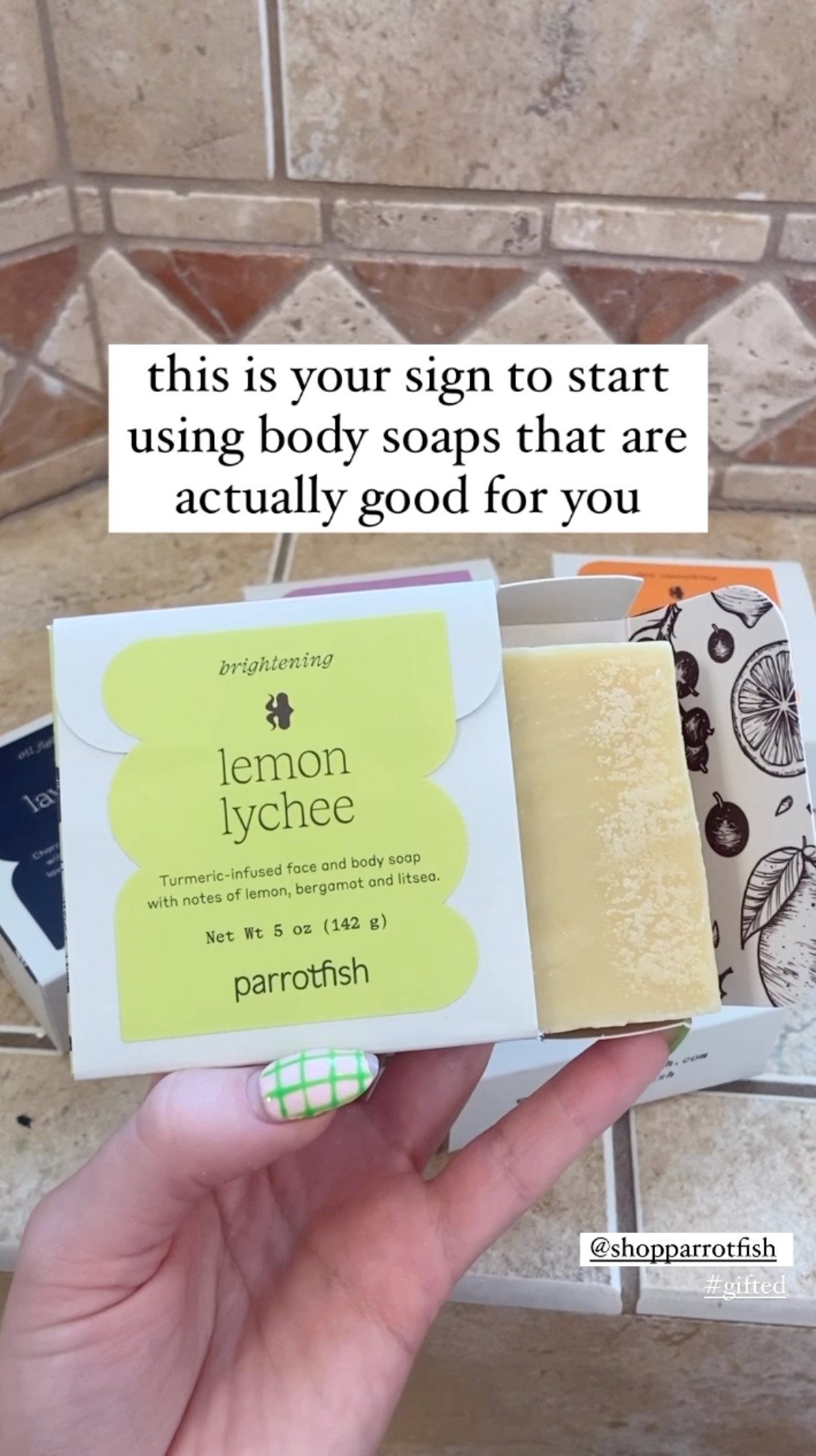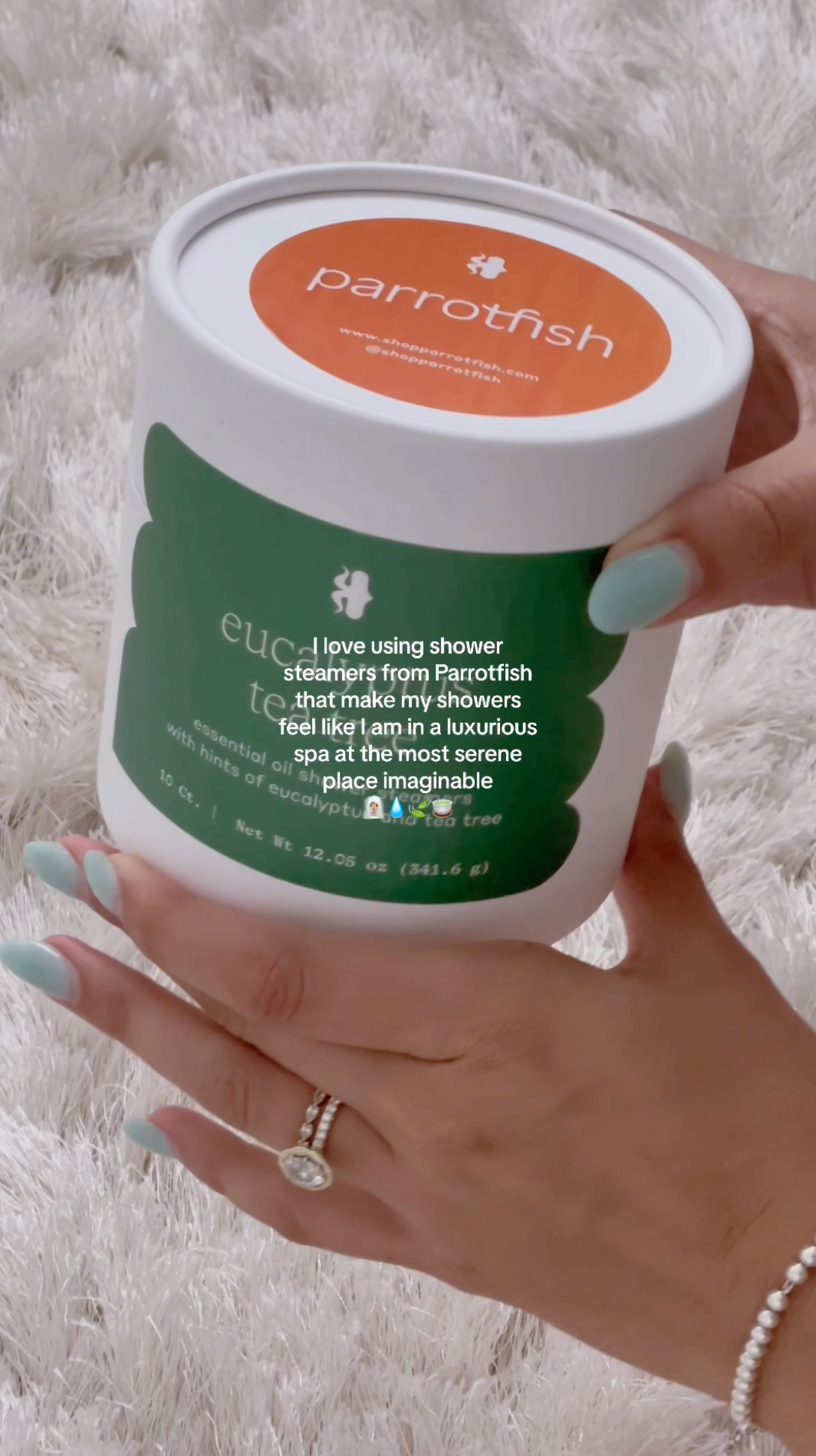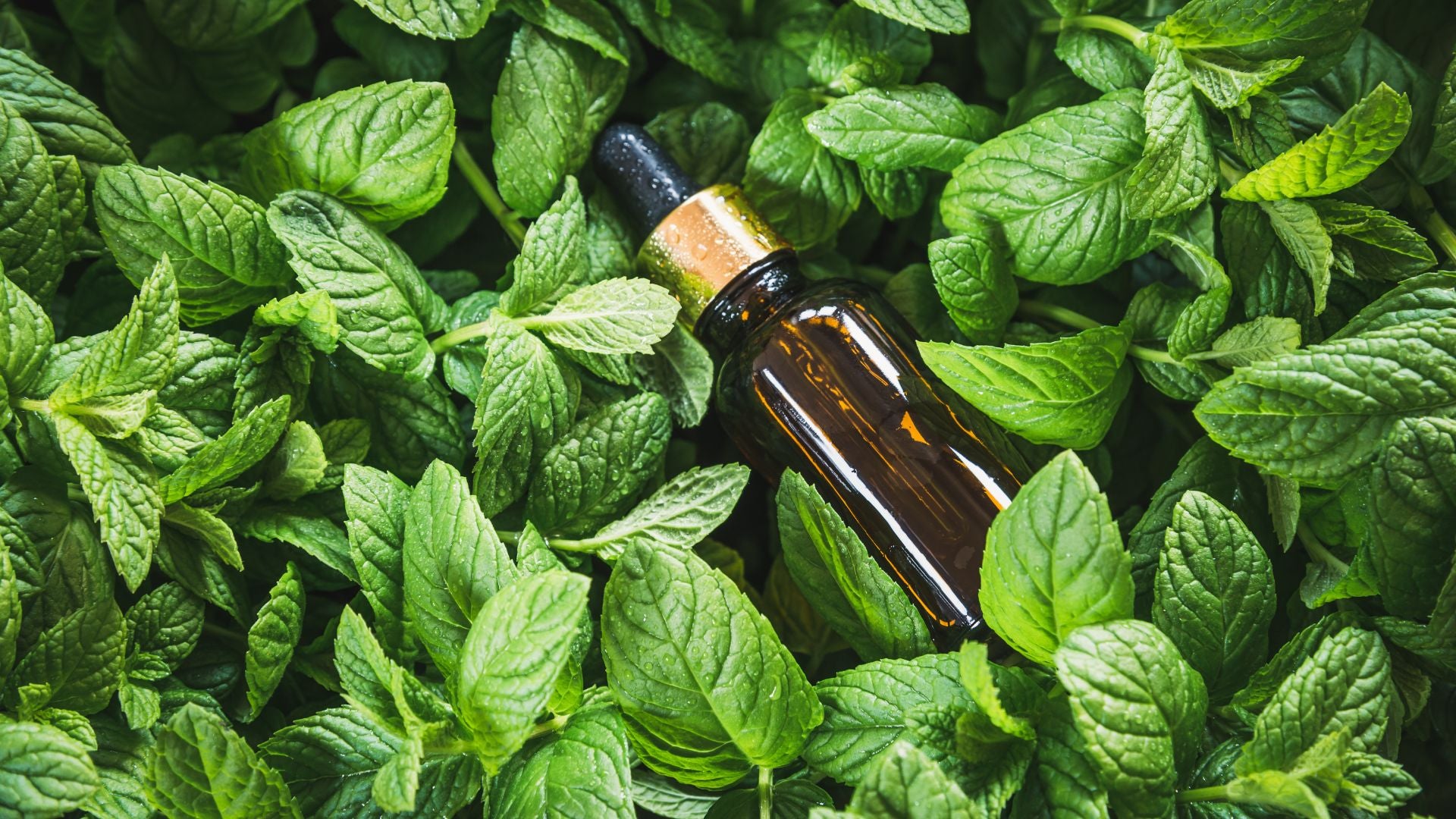

The Power of Peppermint Oil: A Comprehensive Guide
Peppermint oil, derived from the peppermint plant (Mentha piperita), is a multifaceted essential oil celebrated for its invigorating scent and a wide array of health benefits. From soothing aches and pains to revitalizing the senses, peppermint oil is a must-have in your wellness arsenal. Here’s how to make the most of this potent oil in various aspects of your daily life.
Enhancing Your Wellness Routine
- Relief for Muscle and Joint Pain: Dilute peppermint oil with a carrier oil such as coconut or jojoba oil to create a soothing massage blend. Apply it directly to sore areas to alleviate discomfort with its cooling sensation.
- Headache and Migraine Relief: A few drops of peppermint oil rubbed on the temples, forehead, and back of the neck can offer relief from headaches and migraines, thanks to its calming properties.
- Digestive Aid: Peppermint oil can aid digestion and relieve symptoms of IBS when diluted and rubbed onto the abdomen. Its antispasmodic effect soothes the digestive tract, easing discomfort.
- Aromatherapy: Consider using peppermint oil for aromatherapy as a way to uplift your mood. Many find the scent of peppermint soothing during times of illness, such as colds or coughs, or when feeling stressed. Research suggests it might also enhance alertness. You can directly inhale peppermint oil from the bottle, add it to a diffuser with water, or drop it into boiling water and breathe in the steam for a revitalizing experience.
Boosting Hair and Skin Health
- Promoting Hair Growth and Scalp Health: Mix peppermint oil with a carrier oil and massage into the scalp to stimulate circulation and promote healthy hair growth. Its antifungal properties also help in reducing dandruff.
- Refreshing Skin Care: For a cooling and cleansing facial treatment, add a drop of peppermint oil to your facial wash or moisturizer. Its antibacterial properties help in fighting acne and balancing oily skin.
- Revitalizing Face Mask for Oily Skin: Create a revitalizing face mask for oily skin by mixing 1 teaspoon of fuller's earth clay with flower water until it forms a smooth paste. Enhance it with a drop of peppermint essential oil for extra acne-fighting power. Spread a thin layer on clean skin, let it dry, then rinse with lukewarm water and gently dry your face.
- Nourishing Facial Massage for Normal to Dry Skin: For normal to dry skin, prepare a nourishing facial massage oil by combining 1 teaspoon of cold-pressed argan carrier oil with a drop of peppermint essential oil. Massage your face and neck with gentle upward strokes. You can remove excess oil with a damp cloth or wash it off, though very dry skin may benefit from leaving the oil overnight.
- Peppermint Oil for Full Body Relaxation: To unwind and refresh your entire body, add 4-6 drops of peppermint essential oil to your bathwater. Soak for 20-30 minutes, allowing the peppermint's soothing properties to rejuvenate your skin and relax your muscles, offering a spa-like experience in the comfort of your home.
- Relieve Itchiness: Combat itchy or inflamed skin by blending peppermint oil with a carrier oil and applying it to the problematic area 2-3 times daily. For a soothing bath experience, mix 5-10 drops of diluted peppermint oil into warm bath water. Soak in the bath to let the oil gently relieve your skin's itchiness.
- Reduce Dandruff:Enhance your hair care routine by adding 2-3 drops of diluted peppermint oil to your favorite shampoo or conditioner. Gently massage the mixture into your scalp during your regular hair washing ritual to stimulate hair growth and lessen dandruff.
- Ease Sunburnt Skin: Soothe skin that's been overexposed to the sun with peppermint oil's cooling properties. Mix 2-3 drops with a carrier oil and apply it to sunburnt areas to calm and reduce inflammation, offering much-needed relief to sensitive skin.
Elevating Your Home Environment
- Natural Pest Repellent: Peppermint oil is a natural deterrent for many pests, including mice and spiders. Place a few drops on cotton balls and position them in problem areas around your home.
- Air Freshening: The antimicrobial properties of peppermint oil contribute significantly to purifying your environment, leading to a cleaner and more revitalized living or working space. By diffusing peppermint oil, you're not just infusing the air with a refreshing aroma but also actively combating airborne bacteria and pathogens, ensuring a healthier atmosphere.
Dilution and Safety Tips
To enjoy the benefits of peppermint oil safely, proper dilution is key. Mix it with a carrier oil at a ratio of 1-2 drops of peppermint oil per teaspoon of carrier oil for topical applications. Always conduct a patch test before using it widely on your skin to ensure you don’t have an adverse reaction.
Avoid ingesting peppermint essential oil without professional guidance. Keep it away from sensitive areas, such as the eyes and mucous membranes. Pregnant women, nursing mothers, and individuals with medical conditions should consult with a healthcare professional before incorporating peppermint oil into their routine.
What's the best way to take peppermint oil?
The best way to take peppermint oil depends on its intended use. For digestive issues, enteric-coated capsules are effective. For aromatherapy or to alleviate headaches, inhaling the oil or using it in a diffuser works well. Always dilute it with a carrier oil for topical applications.
What is peppermint oil best used for?
Peppermint oil is versatile, best known for relieving digestive issues, improving mental focus, easing headaches, and providing muscle pain relief. Its cooling sensation and pleasant scent also make it popular for aromatherapy and skincare products.
Where do you put peppermint oil?
Peppermint oil can be applied to the temples and forehead for headache relief, the abdomen for digestive discomfort, and the muscles for pain relief. When used for aromatherapy, it can be diffused or inhaled directly from the bottle or a handkerchief.
Related Products
Can you use peppermint oil straight?
No, you should not use peppermint oil straight or undiluted on the skin as it can cause irritation. Always dilute peppermint oil with a carrier oil like coconut, jojoba, or almond oil before topical application to minimize the risk of adverse reactions.
What happens if you don't dilute peppermint oil?
If peppermint oil is not diluted, it can cause skin irritation, redness, or a burning sensation due to its high concentration. Sensitive individuals may experience more severe reactions, including allergic responses. Always dilute it with a carrier oil to ensure safe topical use.
How do you use peppermint oil to keep spiders away?
To deter spiders with peppermint oil, mix a few drops with water in a spray bottle. Spray this solution around windowsills, doorways, and any other areas where spiders may enter your home. The strong scent repels spiders without using harsh chemicals.
What can you dilute peppermint oil with?
Peppermint oil can be diluted with various carrier oils, such as coconut, jojoba, almond, or olive oil. These oils ensure the peppermint oil is gentle enough for skin application and help spread the essential oil over a larger surface area.
Peppermint oil is a versatile and potent essential oil that offers a plethora of benefits for health, beauty, and home use. By understanding how to dilute and apply it correctly, you can safely incorporate peppermint oil into your daily routine, harnessing its refreshing and therapeutic properties to enhance your overall well-being. Whether you’re seeking relief from pain, aiming to boost hair and skin health, or simply wanting to uplift your living space, peppermint oil is a natural, effective solution to consider.
Special Offer Just for You!
Thanks for reading our blog! As a token of appreciation, enjoy 10% off your next purchase with code BLOG10.
Curious about how our products work in real life? Check out what our customers are saying about their favorite shampoo bars and soap collections. Join the Parrotfish family and see why they love us!
Let customers speak for us
from 224 reviewsUnlike bottle dog shampoo. This lathers up so easily and my puppy smells wonderful!
I am not a fan of most bar type shampoos or conditioners, but this one works really well on my hair. Good lather and good scent. Also keeps my hair conditioned well.
Love! Was complimented on how great my gray hair looked after 1 use! Thank you definitely will buy again! No plastic to recycle and the beautiful bars dont clutter the bathtub. A huge plus for the environment and me a neat freak!
I was surprised how easy it lathers . Love the smell and use to remove yellow tones in my hair. Highly recommend
This is my first Parrotfish order and I am sold! The shampoo has a rich lather and cleans my hair so well, the conditioner leaves my hair shiny and soft, and the soaps smell SO goody and leave me squeaky clean. I was sent an extra bar of soap as a bonus - thank you!!! I love how good these smell, how effective they are, and that they don't use any plastic packaging!
Elevates your shower game. Perfect tool to help unwind after a stressful day at work or a chaotic one with the kids. 10/10
Smells wonderful and leaves my buzz cut and scalp clean.
I already love the shampoo and conditioner bars, but this bundle just made it easy to get everything i need for whole body! Love that i dont have to deal with bottles and everything smells so good
I recently tried the new ParrotFish dog shampoo, and I am beyond impressed! Not only does it leave my dog’s coat incredibly soft and shiny, but the scent is absolutely fantastic—fresh, clean, and long-lasting without being overpowering. Bath time has gone from a chore to a treat! It lathers well, rinses easily, and my dog’s skin seems much calmer and less itchy since switching. You can tell it’s made with quality ingredients. Highly recommend for anyone looking to upgrade their dog grooming routine. ParrotFish nailed it with this one!
Gotta tell you this is one of those rare delights of life that continue to give you the little joy in small things.
Now I know you're probably thinking it's a but pricey but it lasts for months and it gives you that squeaky- clean feel with your hands through your hair as you use it, so you know it's top-notch and getting the job done right, unlike some of those greasy petroleum/chemical like fake goop from a mass market thing.
I'm definitely not picky at all about these things usually, except this is one of the true gems that give you a little spark that you've found something special. You won't go back.
And it's compact - no bulky bottles, no plastic, perfect for a workout bag and use at home or on that shower shelf. And the company is top-notch, A+++ customer service and you can just tell they are good people with the occasional handwritten note in your delivery.
Can't say enough and won't use mass market crud again.
P.S. It's all about the Peppermint shampoo for me.
I love this shampoo bar. It lathers and smells so good.
This soap is so delightful. The fragrance is fresh, light and energizing.
This shampoo and conditioner set is top notch! My hair feels the best it ever has and it looks amazing!
I initially found the Parrotfish Argan Oil Conditioner Bar at an Erewhon store and decided to try it. It has transformed my hair from dry, frizzy and wavy to soft, shiny, and bouncy. It brought back my hair large loose curls. I looked up Parrotfish online and decided to buy my second one direct. Fulfillment was quick and shipping too. 😊
I immediately fell in love with this shampoo. I’ve always had oily hair but could never find shampoo that would actually help. My hair has never felt so clean with the peppermint shampoo!! I briefly tried to use other peppermint shampoo bars for convenience rather than shopping online but none of them are as good. I will never use another shampoo again!!

